“I think the priority becomes the day that you're living through. And I think for me, at my age, each 24 hours becomes more and more precious. I hate to get through a day and think that I've wasted it.” — David Bowie
Whenever we reach the beginning of a new year, we often turn our attention to goals. Our reflection tends to gravitate towards the things we didn’t achieve but still want. “I want to lose weight!” “This is the year I write my book!” But rather than setting my goals toward achievement, I’m trying to stay on track by examining how I do things rather than how much.
Those of you who know me well know how much I revere David Bowie as my creative hero. I often think of his art and process, but even more so at this time of the year. On January 8, 2016, Bowie released Blackstar, his 26th and final studio album. I was mesmerized listening to it on the day it came out. Two days later, on January 10th, it was announced that Bowie had died, and the world was both shocked and in mourning.
How could it be? A man who just created such a brilliant album was gone so suddenly. As it turned out, Bowie had been diagnosed with liver cancer 18 months earlier but chose to keep it a secret. Instead, he went to work on what would become Blackstar.
Bowie asked his longtime producer Tony Visconti to help him create the album. But rather than collaborate with many of the musicians he worked with throughout his life, Bowie hired an entirely new band of young jazz musicians for the project, musicians he randomly heard play at a club in Greenwich Village. Though they were jazz musicians, Bowie was captivated by how their music edged towards rock and roll with its aggressiveness. The sound inspired him to try something completely different than anything he had done before.
Given his experience in music, it would have been easy to micromanage the musicians into delivering exactly what he wanted. Instead, he encouraged each of them to follow their intuition on the record. ‘I want you guys to go with whatever you’re hearing; don’t be inhibited,” saxophone player Donny McCaslin remembered.
Rather than having his musical taste calcified in the past, Bowie was inspired by the then recently released Kendrick Lamar album, To Pimp a Butterfly, which also incorporated jazz musicians into the fabric of the sound.
The result was a record that reflected Bowie’s past in a modern context.
In the last year, I’ve become obsessed with the things that influence me. If our art is, in a way, a collection of our unique influences, what am I feeding myself? Over the holidays, I spent a lot of time reading and away from social media. It made an immediate difference in my well-being and my fuel for creativity. So as many people make resolutions to create a better body (including me), I’m trying my best to ensure my mind is being fed properly.
As I get older, I find myself hearing the siren’s song of accomplishment growing louder. How many books do I have left? How many projects do I have in me? But listening to Blackstar reminds me not to think too far ahead, even as I get older. The art is in the present, looking toward the future, unencumbered by the past.
Read Me - Books I Like
During the holidays, I was fortunate enough to read three books by three stellar crime fiction writers that will be available to read later this year.
Hurt for Me – Heather Levy
I didn’t know Heather until I read her dazzling debut Walking Through Needles. Since then, we have become friends, and I couldn’t be more proud of her. Her second book, Hurt for Me, follows a single mom making a living in the BDSM world who teams up with a detective to help try to find sex workers who have been disappearing. Heather does a great job taking you into a world that many people don’t get to see. If you like this book, you’ll also like Forbidden Gardens by Clare Castleberry, a book I’m very proud to have edited and published for Winding Road Stories. Hurt for Me debuts on February 1, but if you have Amazon Prime, you can download it for free right today.
Missing White Woman – Kellye Garrett
Kellye has already established herself as a star in crime fiction, and Missing White Woman will elevate her status even further. It’s about a young woman who goes on a romantic getaway, but when a body is found in her rental home, and her boyfriend vanishes, the woman has to figure out what happened before she takes the fall for murder. You’ll want to read this before your friends do and tell you the spoilers.
Laura McHugh isn’t just one of the great crime fiction writers; she’s one of America’s greatest novelists, full stop. She does an amazing job of capturing the vulnerability of the people living just below the margins in life and how the deck is constantly reshuffled to stack against them. Safe and Sound may be her best book yet, and that’s saying a lot considering her body of work.
Found Treasures
My Bowie link of the week. Daytime television was wonderfully weird when I was growing up. Like the time David Bowie, at the height of his stardom, decided to play keyboard on Iggy Pop’s album and appear on things like Dinah Shore’s talk show to talk about nihilism at 4:30 in the afternoon.
Adrian McKinty, the great Irish crime fiction writer, once told me that the most revered person in Ireland is the great songwriter, followed closely by the poet. Now I understand why, thanks to this wonderful podcast by Paul McCartney and Irish poet Paul Muldoon that traces the inspirations behind Beatles lyrics and songs. Where else will you hear that the string arrangement in Eleanor Rigby was inspired by Bernard Hermann’s score for the shower scene in Psycho? (Once you hear it, you will never un-hear it). In addition to being a great poet and lyricist himself, Paul Muldoon is also the husband of Jean Hanff Korelitz, the amazing author who curates and organizes my book club.
Justin Torres talks about his book Blackouts, which won the National Book Award
I love people who love libraries.
When they moved bikes off the boardwalk of the Brooklyn Bridge, it made walking across a wonderful experience. Then people started setting up shop. I’m all for people making a living, but the merchants completely took over the boardwalk on the bridge and there was hardly room for people to walk. I hope they can find a happy medium where the Bridge is for everyone to walk, take photos and enjoy the views, and the merchants can sell outside the bridge on both sides.
An Interesting look at how publishers make over paperback covers to try to find a new audience for books.
Alen MacWeeney was a Dublin-born photographer who regularly rode the subway and captured everyday life. This wonderful exhibit of photographs taken from 1977, a seminal moment for NYC Subways (the blackout, The Warriors was filmed the following year), is at the New York Public Library. The exhibit ends on January 7.
The man credited for bringing Avocado Toast to the world has died.
Molly Roden Winter’s memoir about open marriage isn’t out until later this month, but it already has a lot of people talking about it.
Another eagerly anticipated book this month is The Lost Van Gogh by Jonathan Santlofer. Jonathan is an extraordinary artist who brings that experience to this book which is already receiving great reviews. Jonathan will be in conversation with Joyce Carol Oates and the McNally Jackson bookstore in the South Street Seaport in NYC on Monday, January 8th.
If you are planning to attend, I will see you there!


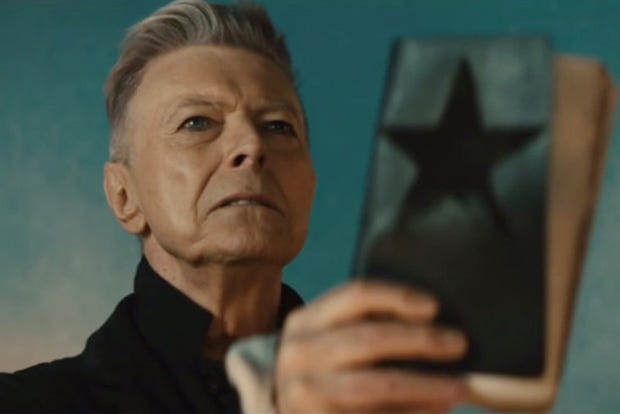
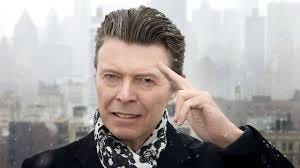
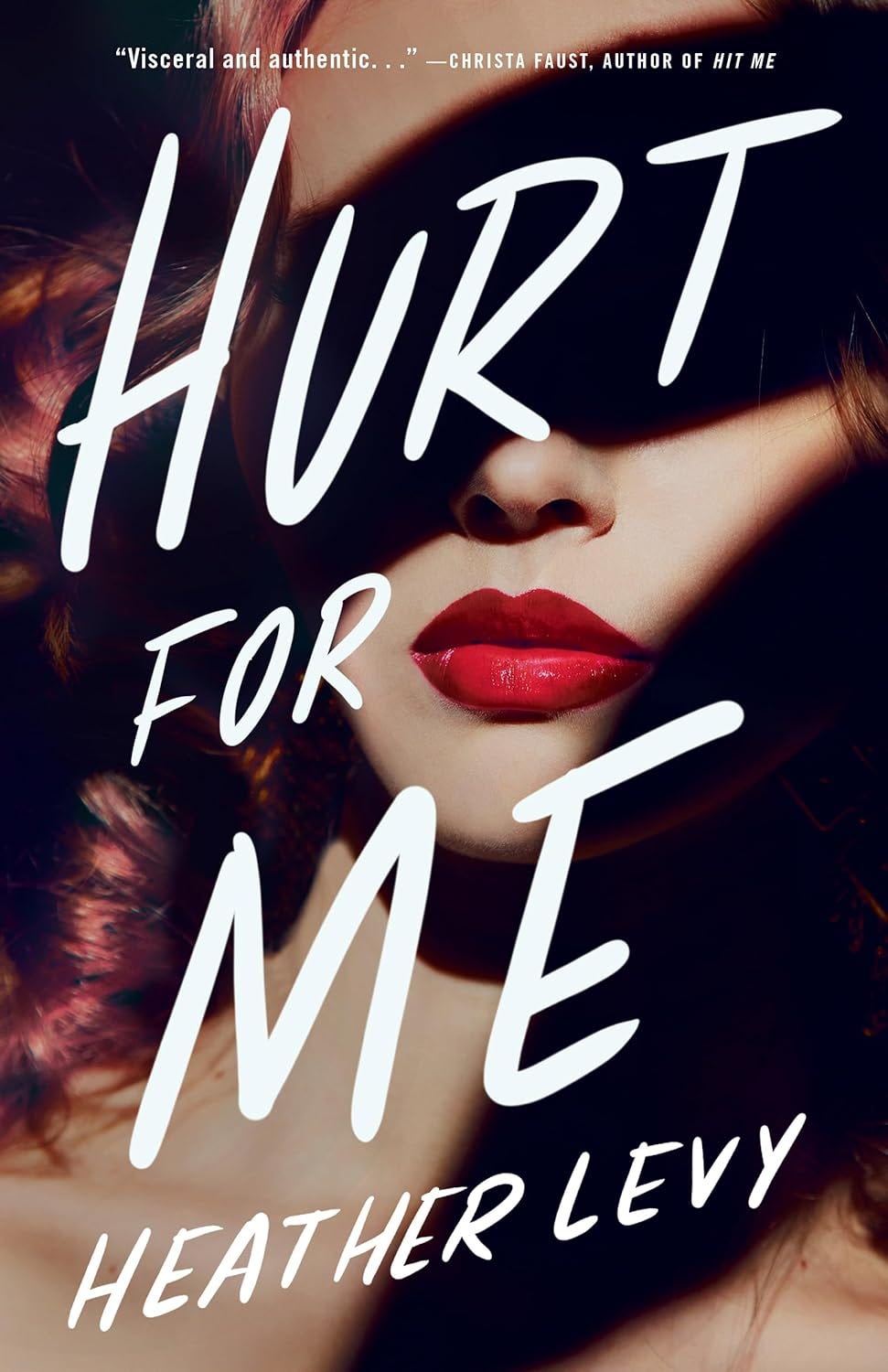
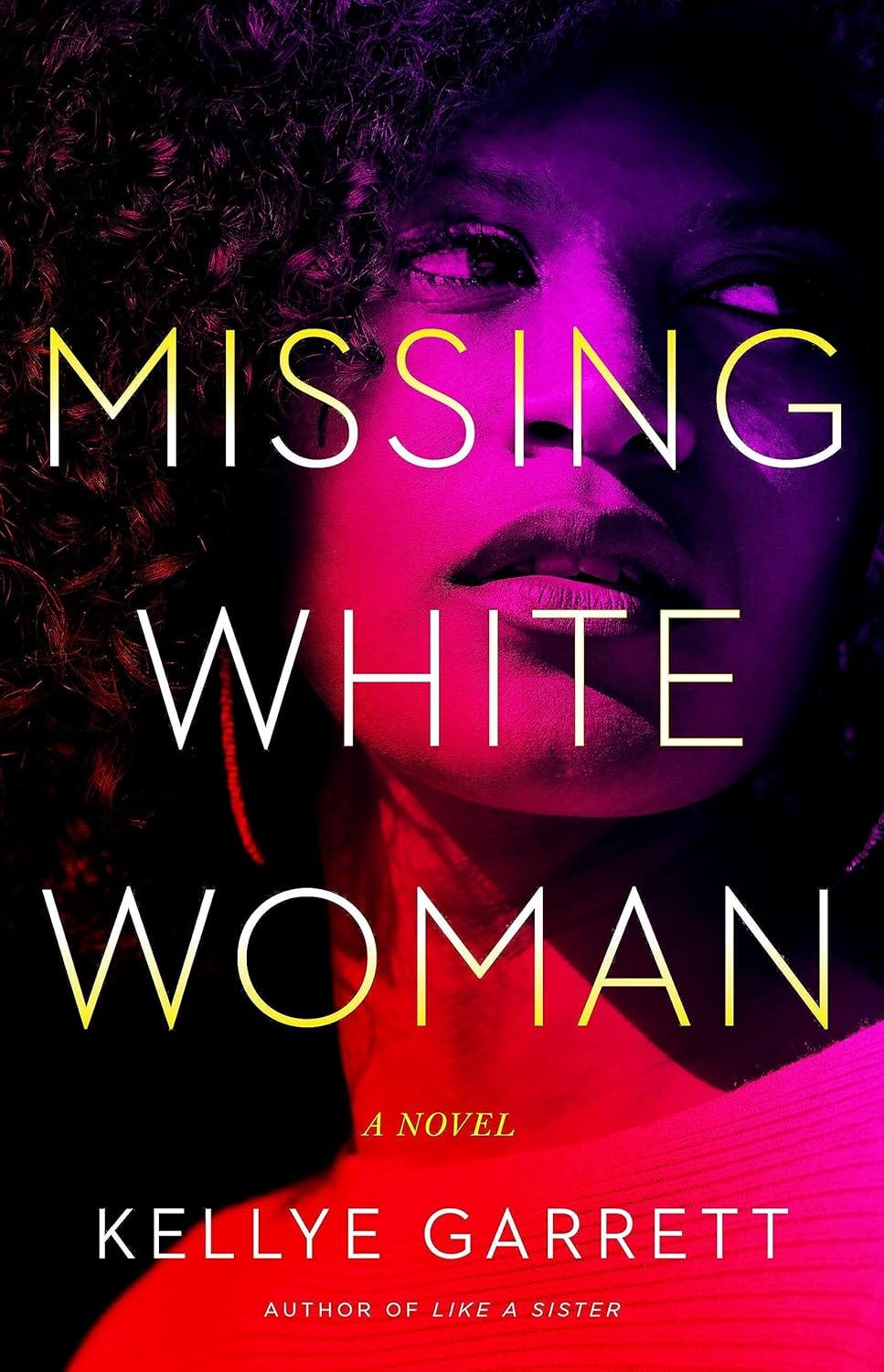
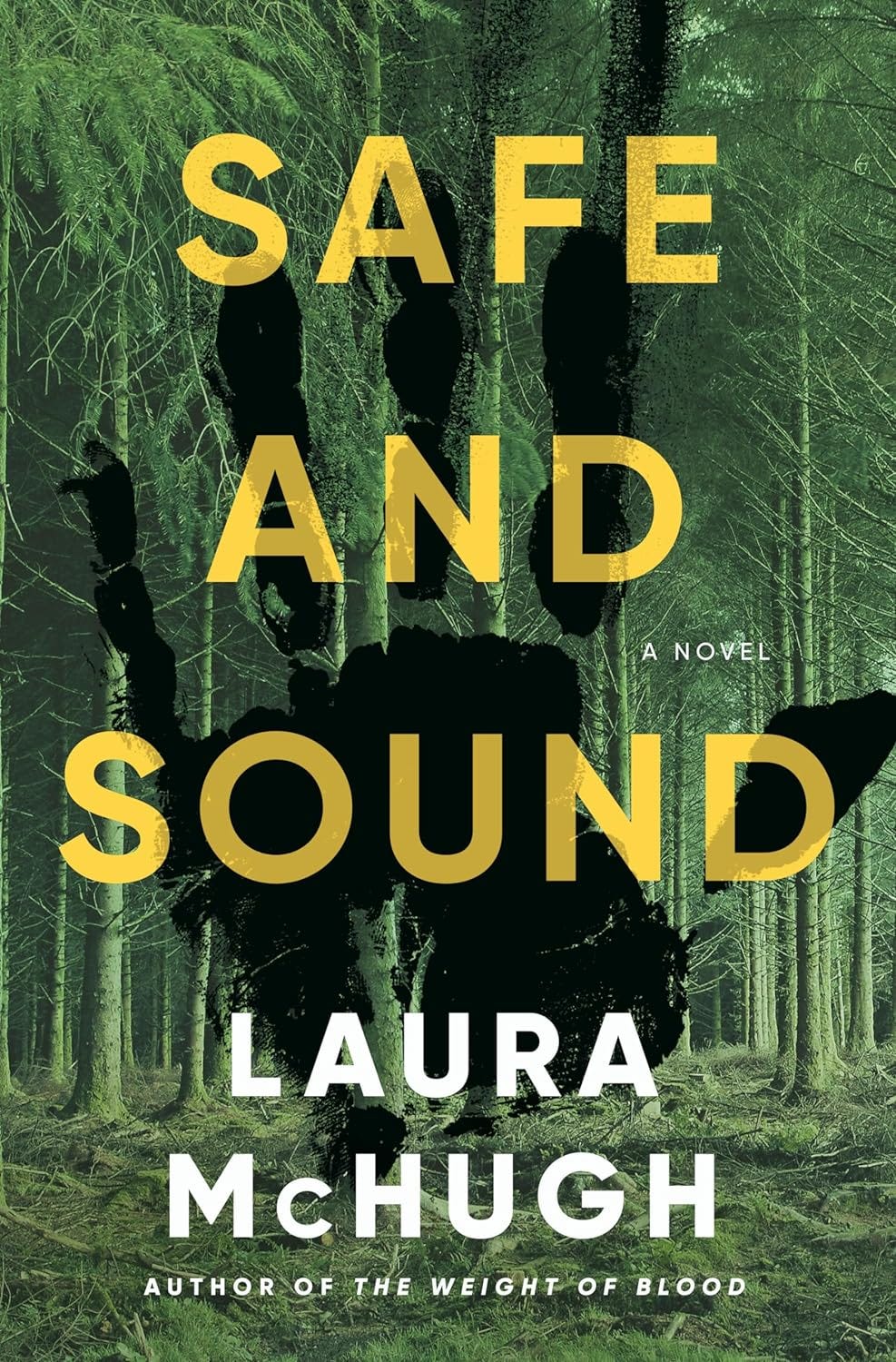
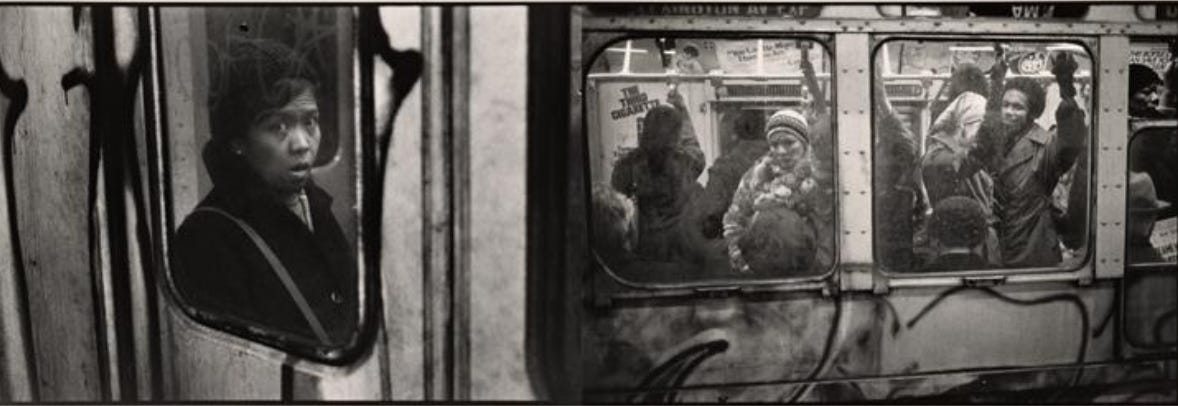
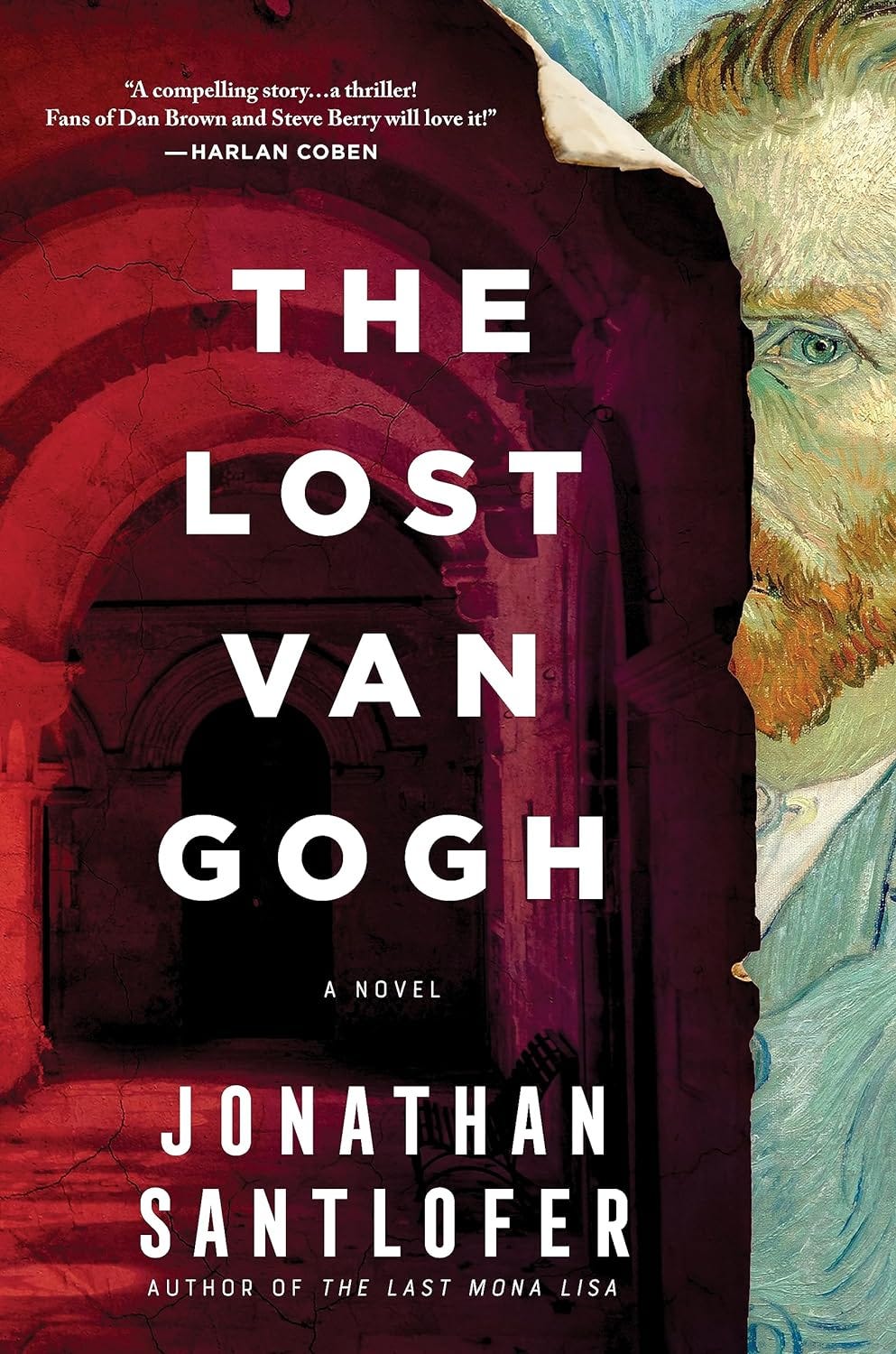
The moment you put Bowie on your newsletter, Michael, you're guaranteed my full attention, lol! He was the soundtrack of my teenage and college years, and is still there so many years later. I'm seriously thinking of using one of his song titles for the crime book I've got coming out this year... we'll see... Happy New Year.